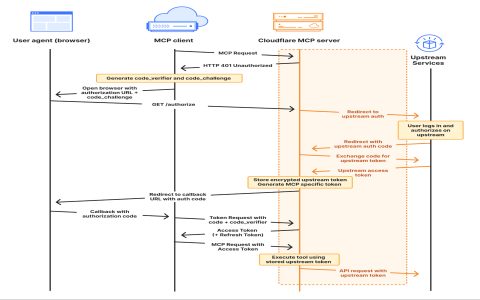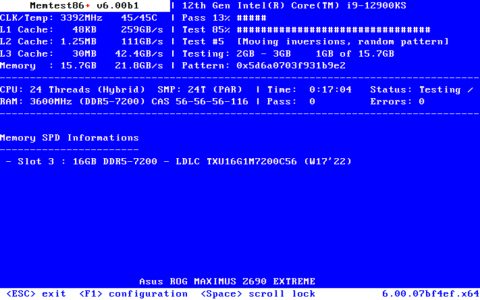To connect to servers fast, reliably, and securely, implement these core strategies:
Optimize Physical Connectivity
- Prioritize wired connections: Use Ethernet over Wi-Fi whenever possible to eliminate wireless interference and latency.
- Choose quality infrastructure: Select ISPs and network hardware known for low latency and high stability. Fiber connections generally outperform cable or DSL.
Leverage Fast DNS Resolution
- Use reputable resolvers: Configure systems to use performant, reliable DNS servers known for low query times.
- Implement local caching: Run a local DNS cache (like dnsmasq) on your network or individual machine to reduce lookup latency for frequently accessed servers.
Select Efficient Connection Methods
- Prefer SSH keys over passwords: SSH key authentication is faster than password-based authentication and significantly more secure.
- Utilize persistent connections: Tools like `mosh` (Mobile Shell) maintain persistent sessions over unstable connections, preventing timeouts and reducing reconnection lag.
- Choose lightweight protocols: For file transfers, use optimized protocols like SCP or SFTP over SSH where appropriate.
Configure Network Efficiency
- Minimize firewall complexity: Ensure firewall rules (local and network) are optimized and do not introduce unnecessary processing delay for authorized server traffic.
- Adjust TCP settings: Tune relevant OS-level TCP parameters (e.g., increasing initial congestion window size, enabling window scaling) for high-latency/high-bandwidth links. Use caution and test thoroughly.
- Consider 加速器 optimization: If using a 加速器, select protocols known for speed (like WireGuard) and connect to geographically close endpoints to reduce overhead.
Maintain Proactive Monitoring
- Regularly test connection paths: Use tools like `traceroute`, `mtr`, and `ping` to monitor baseline latency and identify persistent bottlenecks.
- Validate configuration backups: Ensure critical connection configurations (SSH keys, known_hosts files, 加速器 profiles) are securely backed up and quickly restorable.
Integrating these techniques provides the foundation for consistently fast, quick-to-establish, and reliable server connections by addressing key bottlenecks at the hardware, protocol, and configuration levels.









